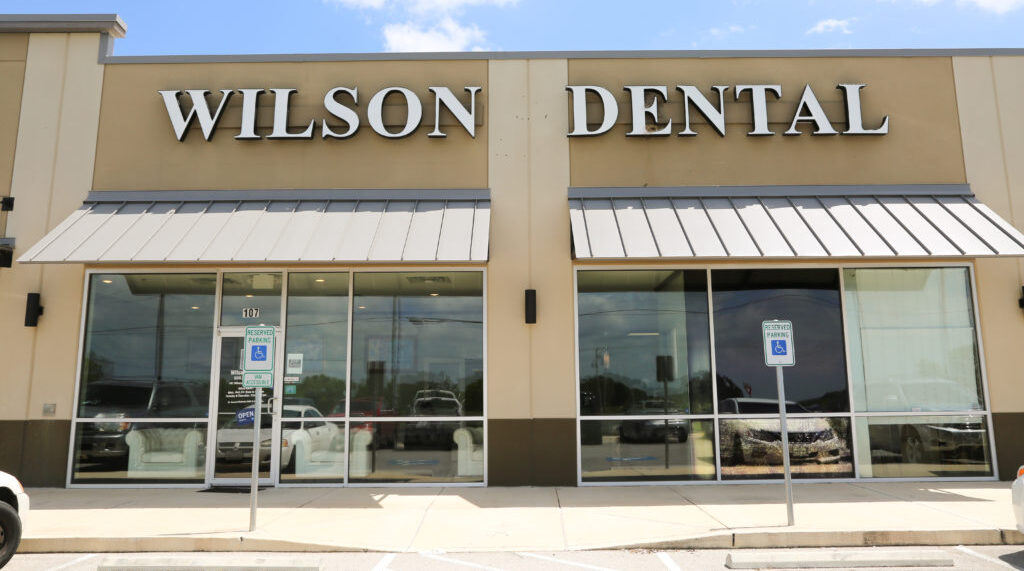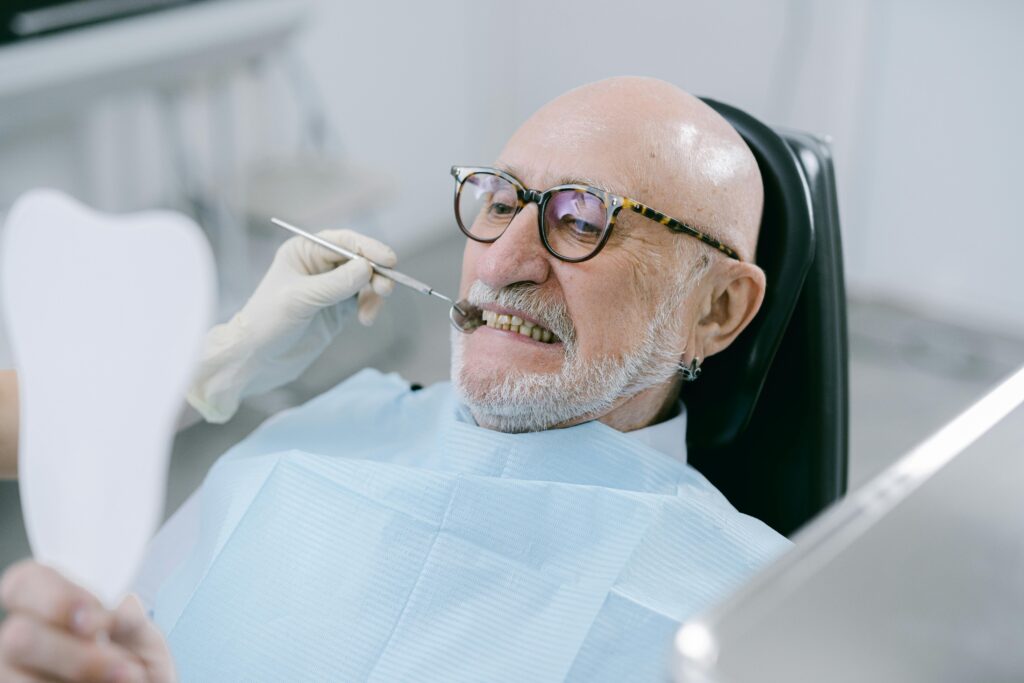Imagine biting into a crisp apple, only to feel a sharp pain in your tooth. Or perhaps you notice a cracked tooth that affects your smile and your confidence. Dental crowns are a solution to restore both the function and appearance of your teeth, offering protection and durability. But why exactly would you need a dental crown? In this article, we’ll explore the reasons why dental crowns are necessary, their benefits, and when they might be recommended by your dentist.
What Is a Dental Crown?
A dental crown is a cap that encases a damaged tooth, restoring its shape, size, strength, and appearance. Crowns are made from durable materials like porcelain, ceramic, metal, or a combination of these. They are custom-designed to fit over a tooth, covering it completely, and are often used when a tooth is too damaged or weak to function properly on its own.
Why Do You Need a Dental Crown?
1. To Protect a Weak Tooth from Breaking
One of the most common reasons for needing a dental crown is to protect a weak tooth. Whether due to decay, wear, or trauma, a tooth that is compromised can be vulnerable to breaking or further damage. A dental crown helps prevent this by providing strength and support to the weakened tooth. This is especially crucial when the tooth structure has been damaged but is still salvageable.
2. To Restore a Broken or Worn-Down Tooth
Teeth can become damaged over time due to grinding, chewing hard foods, or accidents. If a tooth is cracked, chipped, or severely worn down, a dental crown can restore it to its natural function. The crown will protect the tooth from further damage while improving its appearance and strength, making it functional for everyday use.
3. To Cover a Tooth with a Large Filling
Teeth that have had large fillings placed to address cavities may need a crown to provide added strength and prevent further damage. Over time, the tooth structure surrounding the filling can become weak, and the tooth may be at risk of cracking. A crown helps restore its stability and function, ensuring the tooth can continue to withstand the pressures of biting and chewing.
4. To Protect a Tooth After a Root Canal Treatment
Root canal treatments are designed to save teeth that are severely infected or damaged. After a root canal, the tooth may become brittle and prone to fracture because the nerve and pulp inside the tooth have been removed. A dental crown is placed over the treated tooth to protect it from further damage and ensure it remains functional for biting and chewing.
5. To Improve the Appearance of a Tooth
Dental crowns are also used for purely cosmetic reasons. If a tooth is discolored, misshapen, or uneven in size, a crown can restore its appearance. Crowns made from materials like porcelain or ceramic can closely match the natural color of your surrounding teeth, giving you a beautiful, seamless smile.
6. To Support a Dental Bridge
When replacing missing teeth, dental crowns are often used as anchors for a dental bridge. The crowns are placed on the teeth adjacent to the gap, and the bridge is secured between them to restore the missing teeth. This allows you to regain normal function and appearance when several teeth are missing in a row.
Benefits of Dental Crowns
- Protection: Crowns protect teeth from further damage, especially those that are weak or have large fillings.
- Durability: With proper care, crowns are designed to last for many years, offering long-lasting protection.
- Improved Function: Dental crowns restore the full function of damaged teeth, allowing you to chew and speak naturally.
- Aesthetic Enhancement: Crowns can enhance the appearance of teeth, improving your smile and confidence.
- Comfort: Once placed, crowns are custom-made to fit comfortably, so they feel like natural teeth.
How Long Do Dental Crowns Last?
Dental crowns are built to be durable, and with proper care, they can last anywhere from 5 to 15 years or longer. The lifespan of a crown depends on factors like the material used, the location of the crown, and your oral hygiene habits. Crowns made of porcelain or ceramic can last up to 15 years, while metal crowns may last even longer.
When Should You Get a Dental Crown?
You may need a dental crown if:
- You have a severely decayed tooth that cannot be restored with a simple filling.
- Your tooth has been fractured, chipped, or cracked.
- You have had a root canal and need to protect the treated tooth.
- You have a large filling in a tooth that may not be strong enough on its own.
- You want to improve the appearance of a discolored or misshapen tooth.
- You are receiving a dental bridge to replace multiple missing teeth.
Conclusion
Dental crowns offer a versatile solution for addressing a variety of dental issues, from protecting damaged teeth to improving the aesthetics of your smile. Whether you need to restore a cracked tooth, protect a weakened tooth, or enhance your appearance, a dental crown can provide the strength, function, and beauty you need. If you’re unsure whether a dental crown is the right choice for you, consulting with your dentist can help you determine the best course of action. Is a dental crown the right solution to protect or enhance your smile?




